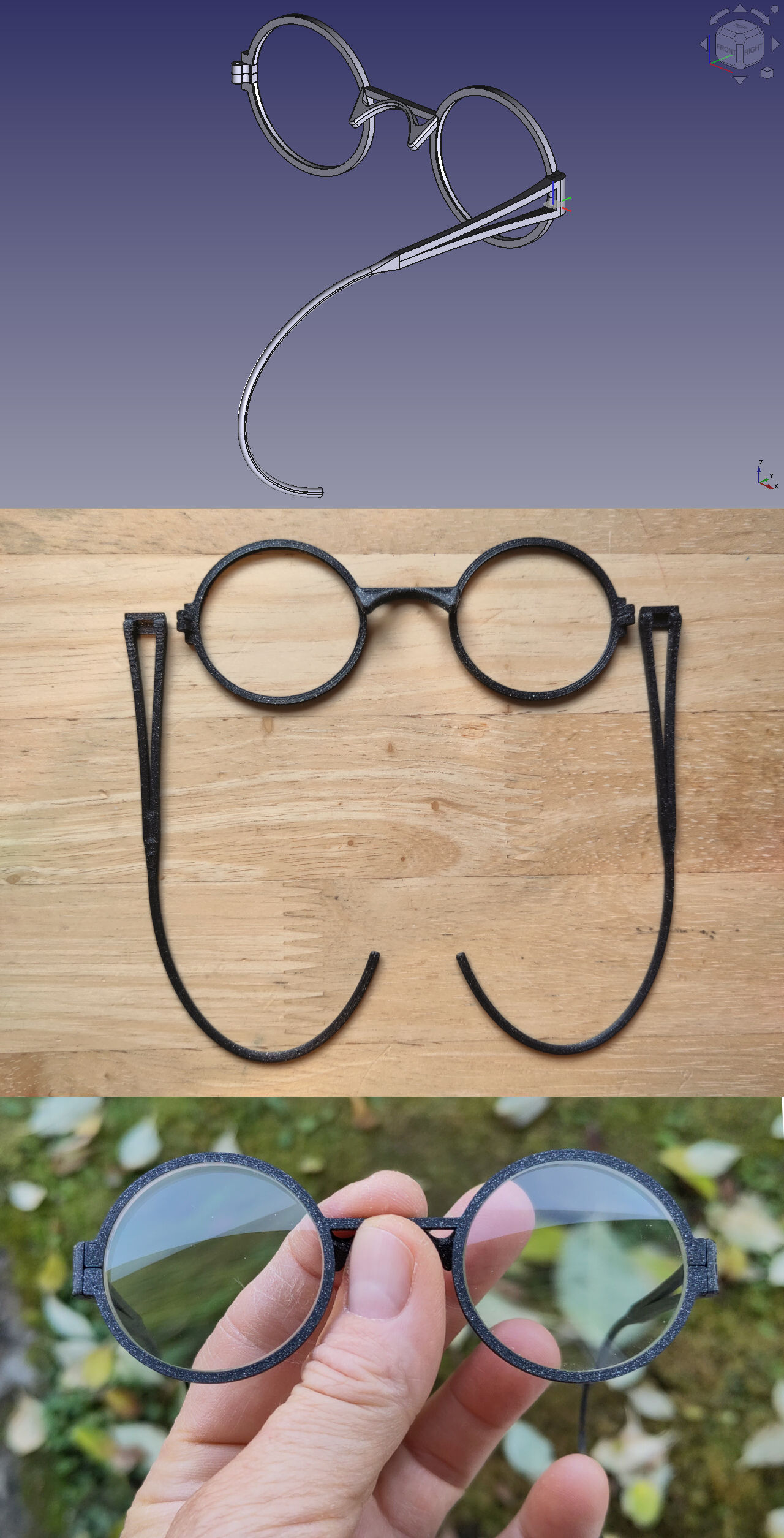3DPrinting
3DPrinting is a place where makers of all skill levels and walks of life can learn about and discuss 3D printing and development of 3D printed parts and devices.
The r/functionalprint community is now located at: or [email protected]
There are CAD communities available at: [email protected] or [email protected]
Rules
-
No bigotry - including racism, sexism, ableism, homophobia, transphobia, or xenophobia. Code of Conduct.
-
Be respectful, especially when disagreeing. Everyone should feel welcome here.
-
No porn (NSFW prints are acceptable but must be marked NSFW)
-
No Ads / Spamming / Guerrilla Marketing
-
Do not create links to reddit
-
If you see an issue please flag it
-
No guns
-
No injury gore posts
If you need an easy way to host pictures, https://catbox.moe/ may be an option. Be ethical about what you post and donate if you are able or use this a lot. It is just an individual hosting content, not a company. The image embedding syntax for Lemmy is 
Moderation policy: Light, mostly invisible
view the rest of the comments

These are cool.
I wonder how these would do if you printed in ABS and then used acetone in a makeshift vapor chamber to smooth and somewhat anneal them?
I think, with them being smoother, they’d be somewhat more comfortable
Although PETG would probably last longer overall since it has some flex/give to it but not sure if there’s any process that lets you “smooth” it like you can with ABS.
Well I could do a lot of things, but one of my hobbies is to model stuff that prints out all ready to go as much as possible. This design uses small metal hinge pins only because printed-in-place functional hinges would be huge.
But otherwise I like that it's only 3 parts that print quick, don't require any rework, and still open up to accept the lenses, orient the lenses (I have astigmatism so my lenses need to be rotated exactly right, and if you look carefully on the inside of the hinge, the V groove is interrupted to match a notch in the lens' bevel, which also contributes to lock the rim closed) and everything holds together smartly with only those two pins.
So yeah, I could do extra work to make them look nicer, but I'm kind of proud to display how I managed to make them look straight out of the printer.
Not to mention, I'm lazy too 🙂
And you know what? That’s a great design philosophy.
Simple and repeatable. Besides you don’t want to risk more expensive lenses with more breakable parts (so the metal hinges make sense)
Lazy wouldn’t have made them so I’d call it efficient use of your time.
When you smooth you do give up some dimensional accuracy.
These days, I more or less exclusively print ASA and PETG. I would call the ASA tougher than PETG, but PETG's ability to stick to itself when printing makes me prefer it for thin parts. In my experience, PETG also allows for more elastic (temporary/recoverable) deformation before the part undergoes plastic (permanent) deformation.
I have a wall mount for some a pretty hefty stepping stool and it’s been going strong for a few years.
PETG really does handle that well while similar things I’ve printer in PLA broke even with layer line orientation and a lot of walls.
Good stuff.
I've had similar experiences. PLA is very stiff, which also makes it brittle. I have quite a few functional PETG that have been going strong for years. Now that I can print ASA too, some of my newer functional prints are transitioning materials.
What about PCTG? Pretty much for anything that I’d need more strength than regular PETG I could go with PETG-CF or PCTG. The only thing that can force me to use ABS/ASA is the need for (more) temperature resistance.
I've never heard of PCTG before. A quick Google search and I'll probably be ordering a spool.
You can smooth PETG with Methylene Chloride, but I would not suggest handling things without proper training and knowledge first
Yeah. Even with acetone you want to be mindful. Nasty stuff and not to be played with lightly.
But interesting application if you can do it safely.
Yes boss! And PLA can be smoothed using clorophorm. Another solution not to handle without safety training
Try explaining that purchase.
It’s for smoothing out something I’m making. So it’ll look and act the way I want.
And the lotion? No officer, no lotion. Where would the lotion go?